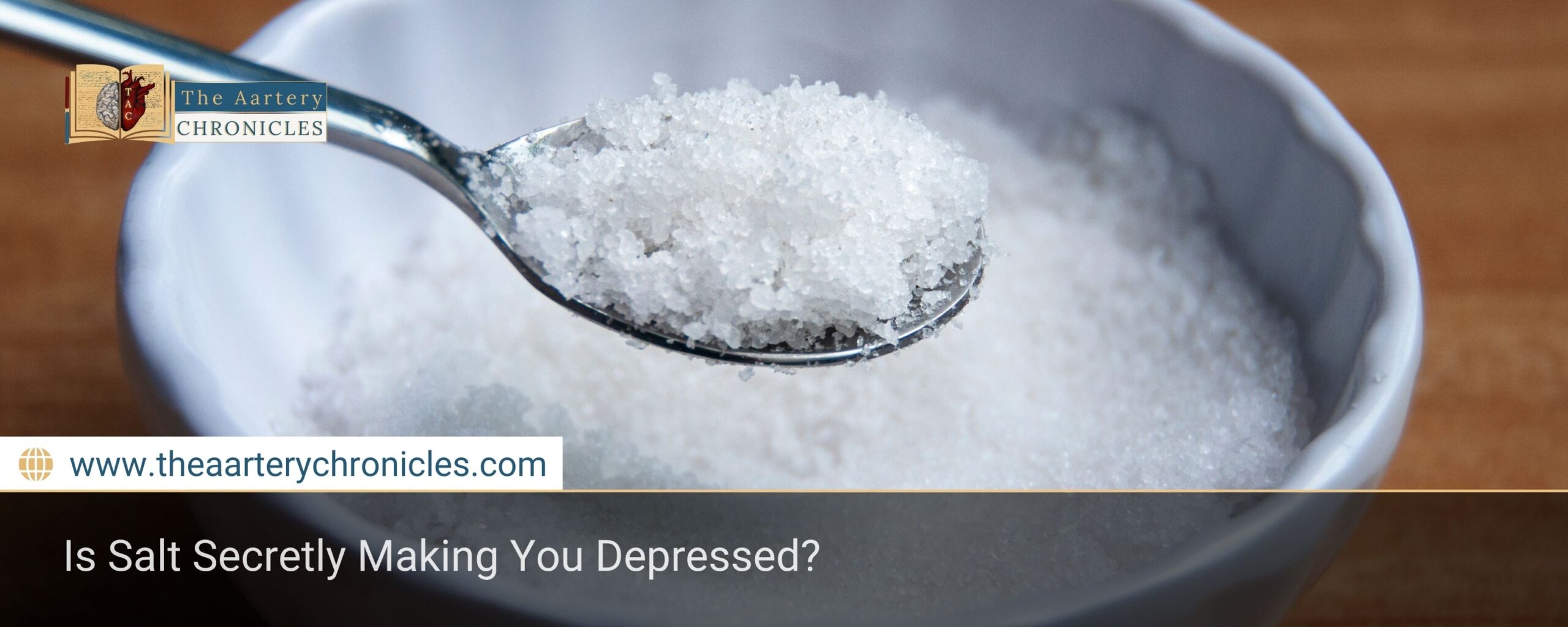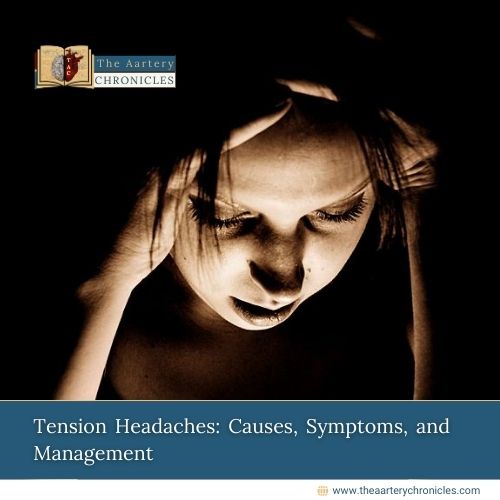

Is Salt Secretly Making You Depressed?
Summary: This article explores a groundbreaking study showing how high salt intake may trigger depression by increasing the immune protein IL-17A levels. The research suggests that cutting back on salt and targeting specific immune cells could open up new ways to prevent or treat depression.
Salt Isn’t Just a Heart Risk - It Could Hurt Your Mental Health Too
Did you know your salt habit might be affecting more than just your blood pressure? According to a recent study published in The Journal of Immunology, eating too much salt may trigger depression-like symptoms, at least in mice. Researchers found that a high-salt diet (HSD) ramps up a specific immune protein called IL-17A, which is also linked to depression in humans.
“This work supports dietary interventions, such as salt reduction, as a preventive measure for mental illness,” said Dr. Xiaojun Chen from Nanjing Medical University.
“It also paves the way for novel therapeutic strategies targeting IL-17A to treat depression,” Dr. Chen added.
High-Salt Diet Triggers a Key Immune Reaction
In the study, mice fed a high-salt diet for five weeks showed classic signs of depression, including low activity and motivation. The culprit?
Elevated levels of IL-17A, an immune molecule already associated with mental health disorders in previous human research.
Interestingly, gamma-delta T cells (γδT cells), a specific type of immune cell, were found responsible for nearly 40% of IL-17A production in these mice. When scientists removed these cells, the symptoms improved. This suggests a potential treatment target for depression that goes beyond traditional antidepressants.
Fast Food and Salt: A Modern Epidemic
Salt overconsumption is rampant in today’s diets. Some fast food meals contain up to 100 times more salt than their homemade versions. We already know that too much salt increases risks for heart disease, autoimmune issues, and neurological conditions, but now mental health is entering the conversation.
- Depression currently affects 15–18% of people globally and ranks among the top 10 causes of death in the U.S.
- This new research strengthens concerns that dietary salt could be playing a silent but serious role in our mental well-being.
Also Read: Benefits of Omega Fatty Acids
Confirming the Role of IL-17A in Depression
The researchers went further to confirm IL-17A’s role. Mice genetically modified to lack IL-17A were fed the same high-salt diet, but did not develop depression-like symptoms.
- This proves IL-17A is key to the mood changes caused by excess salt.
- Moreover, these findings support earlier epidemiological studies linking high salt with worse depression and low sodium intake with better mood.
What This Means for You and Future Therapies
This discovery opens the door for new mental health treatments that go beyond brain chemistry. Targeting immune proteins like IL-17A or γδT cells may become a future approach for managing depression.
“We hope these findings encourage discussions on salt consumption guidelines,” said Dr. Chen.
In the meantime, reducing salt intake might not just benefit your heart it could also lift your mood.
Conclusion: Time to Rethink Your Salt Intake?
While the study was conducted in mice, the evidence is compelling. It links high salt intake to changes in the immune system that can lead to depression-like behaviour. As research continues in humans, one thing is clear:
Your diet might be more connected to your mental health than you think.

Dane
I am an MBBS graduate and a dedicated medical writer with a strong passion for deep research and psychology. I enjoy breaking down complex medical topics into engaging, easy-to-understand content, aiming to educate and inspire readers by exploring the fascinating connection between health, science, and the human mind.








